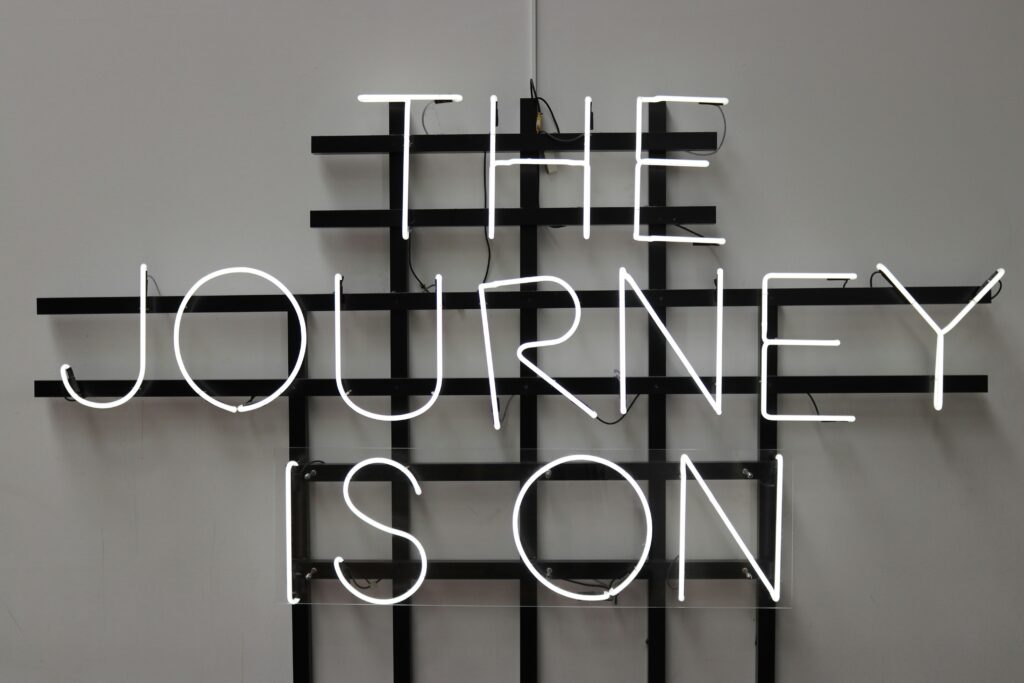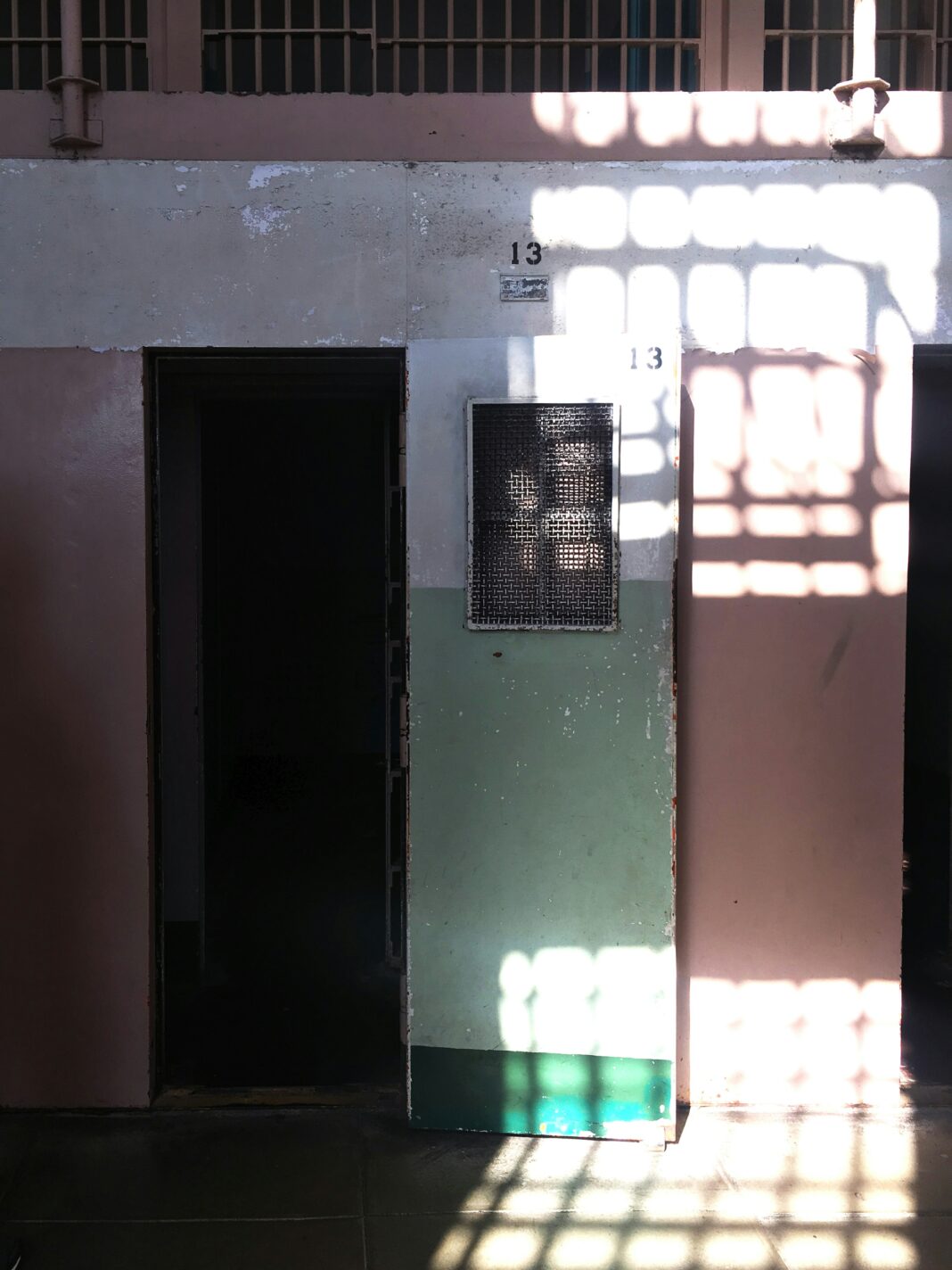8 min read #1,959 words
Unlock peace talks in hip hop! Dive into strategies for conflict resolution within the culture.

Photo by Jasmin Chew on Unsplash
Exploring the Impact of Hip Hop Violence
Diving into the realms of hip hop, it’s essential to unravel the intricate layers of violence that have left an indelible mark on the genre. From its inception to its current landscape, the roots of hip hop violence run deep, shaping not only the music but also the communities it represents.
Roots of Hip Hop Violence
The roots of hip hop violence can be traced back to the socio-economic conditions that birthed the genre. Emerging from marginalized urban neighborhoods, hip hop served as a voice for those disenfranchised by systemic inequalities, poverty, and racial discrimination. As artists sought to express the harsh realities of their environments, themes of violence, survival, and resilience became woven into the fabric of hip hop.
The glorification of street culture, gang life, and confrontations within lyrics mirrored the lived experiences of many hip hop artists. While some viewed these portrayals as authentic reflections of their communities, others criticized the normalization of violence and its impact on impressionable audiences. This dichotomy sparked discussions on the role of hip hop in perpetuating or challenging violent narratives, fueling ongoing debates within the industry and beyond.
Evolving Themes in Hip Hop Lyrics
Over the decades, the themes embedded in hip hop lyrics have evolved, reflecting a complex interplay of cultural shifts, artistic expression, and societal pressures. While early hip hop pioneers used their music to shed light on social injustices and urban struggles, subsequent generations witnessed a shift towards a more commercialized and sensationalized portrayal of violence.
The advent of gangsta rap in the 1980s and 1990s brought a surge of lyrics depicting street confrontations, criminal activities, and confrontational attitudes. While some artists utilized these narratives as a form of storytelling or social commentary, others faced criticism for perpetuating negative stereotypes and glamorizing violent behavior.
As hip hop continued to permeate mainstream culture, the depiction of violence in lyrics became a focal point of scrutiny, with discussions on artistic freedom, social responsibility, and the impact of media influence gaining momentum. The evolving themes in hip hop lyrics reflect a dynamic landscape where expressions of pain, struggle, and empowerment coexist, shaping the multifaceted identity of the genre.
Understanding Conflict Resolution in Hip Hop
Exploring the dynamics of conflict resolution within the realm of hip hop sheds light on the importance of addressing conflicts constructively and the diverse strategies employed in navigating such challenges.
Importance of Addressing Conflict
Within the tapestry of hip hop, addressing conflicts holds significant weight in shaping the narrative and culture of the genre. Given its roots in urban environments and often reflecting the realities of marginalized communities, addressing conflicts within hip hop becomes a means of channeling experiences, emotions, and social injustices into a platform for dialogue and change. Failure to address conflicts within hip hop can perpetuate negative stereotypes and hinder progress towards positive social change.
Strategies Used in Hip Hop
In the landscape of hip hop, various strategies are employed to manage and resolve conflicts. These strategies range from verbal sparring in the form of rap battles, where lyrical prowess is used to showcase skills and resolve differences, to more diplomatic approaches involving mediation and community engagement. Hip hop artists and influencers utilize their platforms to address conflicts publicly, using their voices to promote unity, understanding, and social justice.
Numerical data may not be relevant within this section of the article. However, the focus here lies in recognizing the significance of conflict resolution within hip hop and the diverse array of strategies utilized to navigate and transform conflicts into opportunities for growth and positive change within the community.
Role of Artists and Community Leaders
In the realm of hip hop, artists and community leaders play pivotal roles in navigating conflicts and fostering peace within the culture. Their influence extends beyond music production to shaping the narratives and initiatives that address societal issues.
Artists as Peacemakers
Hip hop artists are not only creators of music but also influential figures who have the power to address conflicts within their communities. Through their lyrics, performances, and public statements, artists can advocate for peace, unity, and non-violent solutions to disputes. By using their platforms to promote messages of understanding and reconciliation, artists can inspire positive change and encourage dialogue among individuals with differing viewpoints.
Moreover, artists have the ability to serve as role models for their fans, especially the youth, who may look up to them for guidance and inspiration. By embodying values of compassion, empathy, and conflict resolution in their music and actions, artists can set an example for their audience, promoting peaceful resolutions to conflicts both within and outside the hip hop community.
Influence of Hip Hop on Community Initiatives
Hip hop has historically been a catalyst for community initiatives aimed at addressing social issues, including conflict resolution. By organizing events, workshops, and programs that promote dialogue, education, and understanding, hip hop communities have been able to create spaces for constructive conversations around violence, inequality, and injustice.
These initiatives often involve collaborations between artists, community leaders, activists, and organizations dedicated to promoting peace and social justice. By leveraging the cultural influence of hip hop, these initiatives seek to engage with at-risk youth, marginalized communities, and individuals affected by violence, offering them opportunities for personal growth, empowerment, and healing.
Through music, art, and advocacy, hip hop has the potential to inspire change, foster unity, and build bridges across communities. By highlighting the role of artists and community leaders in promoting conflict resolution, hip hop can continue to serve as a powerful force for positive transformation and social impact.
Social Justice and Hip Hop
In the realm of hip hop, a significant intersection emerges between the art form and social justice issues. This section delves into the role of hip hop in addressing systemic violence and advocating for change within communities.
Addressing Systemic Violence
Hip hop, as a cultural movement and musical genre, has been instrumental in shedding light on systemic violence prevalent in society. Artists use their platform to speak out against issues such as police brutality, racial discrimination, and economic disparities. The lyrics and messages conveyed through hip hop music serve as a reflection of the lived experiences of marginalized communities, bringing attention to the injustices they face.
| Systemic Violence Issue | Hip Hop Response |
|---|---|
| Police Brutality | Songs addressing police misconduct and racial profiling |
| Economic Disparities | Advocacy for economic empowerment and social equality |
| Racial Discrimination | Lyrics challenging racial stereotypes and promoting unity |
Hip Hop’s Role in Advocacy
Beyond shedding light on systemic violence, hip hop serves as a powerful tool for advocacy and social change. Artists leverage their influence to raise awareness about social issues, mobilize communities, and drive conversations around topics often overlooked in mainstream media. Hip hop activism extends beyond music, with artists engaging in community initiatives, activism, and philanthropic efforts to address the root causes of violence and inequality.
| Advocacy Initiatives | Impact of Hip Hop |
|---|---|
| Community Outreach Programs | Providing resources and support to at-risk youth |
| Political Activism | Using music as a platform to advocate for policy reform |
| Grassroots Organizing | Mobilizing communities to address systemic injustices |
The symbiotic relationship between hip hop and social justice underscores the genre’s capacity to be a catalyst for change. By amplifying the voices of marginalized communities and challenging oppressive systems, hip hop continues to play a pivotal role in advocating for equity, justice, and empowerment.
Education and Mentorship in Conflict Resolution
In the realm of hip hop, education and mentorship play vital roles in fostering conflict resolution and promoting positive change within the community. Utilizing hip hop as a guide for conflict resolution and implementing mentorship programs within the music industry are essential strategies for addressing violence and promoting harmony.
Using Hip Hop for Guidance
Hip hop serves as a powerful tool for educating and guiding individuals towards conflict resolution. Through its lyrics, artists often reflect on personal experiences, societal challenges, and the impacts of violence. By analyzing and interpreting the narratives portrayed in hip hop music, individuals can gain insights into the complexities of conflict and strategies for resolution.
Hip hop culture also promotes self-expression and storytelling, providing a platform for individuals to share their perspectives and engage in constructive dialogue. By leveraging the storytelling elements of hip hop, communities can encourage empathy, understanding, and communication as key elements in resolving conflicts peacefully.
Mentorship Programs in the Music Industry
Mentorship programs within the music industry offer aspiring artists and individuals a valuable opportunity to learn constructive conflict resolution skills and gain insights from experienced professionals. These programs provide mentorship in various aspects of the music industry, including artistic development, business management, and personal growth.
Mentors in the music industry can share their knowledge, experiences, and strategies for navigating conflicts that may arise in creative collaborations, performance settings, or business negotiations. By fostering positive mentor-mentee relationships, aspiring artists can develop resilience, confidence, and effective communication skills essential for resolving conflicts peacefully.
| Mentorship Program | Description |
|---|---|
| Artist Development | Guidance on honing artistic skills, navigating industry challenges, and building a sustainable career in music. |
| Conflict Resolution Training | Workshops and resources focused on developing conflict resolution skills, fostering effective communication, and promoting collaboration. |
| Business and Management | Mentorship in music business practices, financial management, branding, and networking within the industry. |
By integrating education and mentorship initiatives that are rooted in hip hop culture, individuals within the music industry can empower themselves with the tools and knowledge necessary to address conflicts constructively and contribute to a more harmonious and inclusive community.
Looking Ahead: Hip Hop as a Vehicle for Change
As the landscape of hip hop continues to evolve, there is a growing recognition of its potential as a catalyst for positive change within communities. Examining the genre’s trajectory reveals the potential for a significant positive impact on social consciousness and conflict resolution.
Potential for Positive Impact
Hip hop’s ability to transcend cultural boundaries and resonate with diverse audiences positions it as a powerful tool for addressing social issues and promoting unity. Artists within the genre have the unique opportunity to use their platforms to advocate for peace, amplify marginalized voices, and inspire collective action against violence and injustice.
Moreover, hip hop’s influence extends beyond music, reaching into various aspects of society, from fashion and language to activism and community organizing. By harnessing this influence, hip hop has the potential to shift narratives, challenge stereotypes, and foster empathy and understanding among individuals from different backgrounds.
Future Directions in Conflict Resolution
Looking ahead, the trajectory of hip hop in conflict resolution is poised for further expansion and innovation. As artists, activists, and community leaders continue to engage with the genre’s social implications, new strategies and initiatives are emerging to address systemic violence and promote healing within communities.
One promising direction is the integration of mentorship and education programs within the hip hop industry. By providing guidance and support to aspiring artists and at-risk youth, these programs offer a pathway for positive growth and empowerment. Emphasizing conflict resolution skills, such as communication, empathy, and active listening, can equip individuals with the tools needed to navigate challenging situations and promote peaceful resolutions.
Furthermore, collaborations between hip hop artists and social justice advocates hold the potential to amplify advocacy efforts and drive meaningful change within society. By leveraging the collective reach and influence of both parties, these collaborations can shine a spotlight on pressing social issues, mobilize communities, and push for policy reforms that promote equity and justice.
The future of hip hop in conflict resolution hinges on the collective efforts of artists, community leaders, activists, and supporters who share a commitment to using music as a force for positive transformation. By leveraging the genre’s cultural influence and creative energy, hip hop stands poised to drive meaningful change and contribute to a more just and harmonious society.






